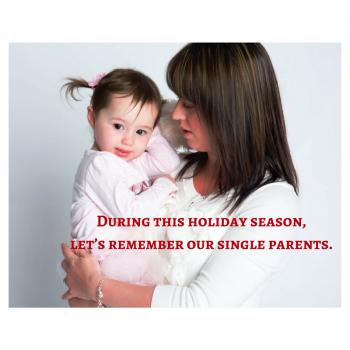
Last week I spent a few days in Nashville at the Convergence Music Project conference– a group of church leaders coming together to figure out how to lead in a different way that reflects inclusive grace in our worship spaces.
I expected to go to this conference and sit and listen. I expected to meet one or two people, to keep my head down, to take notes and be still. I expected to keep my Native American self a little behind my worship leading self, to learn things that I could take home and apply in my own life and in the life of my church.
But what I expected, of course, was different than my graciously given reality.
There were only a few people of color at this conference, and it was pointed out in numerous ways, at numerous times. We all lamented that our group was not more diverse, and posed questions throughout the conference asking how this can change in the future. Convergence honors the voice of people of color, and I’m so grateful for that.
Still, I kept my head down and my voice hushed. I listened. But then, I was asked to speak. Then who I am– as a whole– came to the surface of my speaking and my listening and my interactions, and I realized again that I cannot separate who I am, not even for a minute. I cannot say that in this space I’ll be worship leader and in that space I’ll be native and in another space I’ll be mom and wife and friend. I am all of these things in all of these spaces, and they make me whole.
So, by the third day of the conference, I’d understood. The day before, Brian McLaren had taken us in an unexpected direction in a conversation about the Doctrine of Discovery.
The conference had taken a turn toward acknowledging the church’s complicity in the abuse of native peoples and African peoples, and throughout our time there the theme kept coming back up, kept making its way to the forefront– if we are to worship in our churches, something must change, be acknowledged, be reckoned with.
It is a subject we can no longer ignore.
On Friday morning, we gathered for our own church service, our minds and hearts reeling and ready and engaged from three days of sharing and brainstorming a few new ways forward.
And when my friend Brian Sirchio stood at the front of the room and once more acknowledged what happened to my ancestors, and acknowledged why it is wrong that in my native skin I don’t know how to fit into the white church, I fell apart (again).
We listened to a man play two native flutes and we processed together. My shoulders heaved with both the pain of our history and with a great swell of hope– if the people in this room can see me, can see my African American brothers and sisters, we can see that a new way forward is at least possible– we can see that the world is literally shifting all around us, and we must be ready to hold onto each other in all of our cultural and skin colored differences.
That morning as the flutes played, I wrote. A poem poured out of me and my hand could hardly keep up with my heart. I stopped every few seconds to wipe tears, and I thought in that moment this is it. A piece of Kingdom.
I stood after the music was over and read the poem, and I felt a release. I felt a release inside of my own chest to find a way to be who I am, without the need to compartmentalize. I felt a release to be who I am without dualistic ties, without categorizing my identity into neat boxes.
In these words, I released into all of us the permission to say that who we are today is a chance to move forward to who we want to be tomorrow, as individuals and as the church.
That is the greatest release I can imagine.
Before you knew me, you knew my story–
the story of humanity,
the story of breath in lungs,
eyes and hearts,
longing and desire,
the known and unknown parts.
Before I knew you, I knew your story–
the labor to grow,
the roots of your love,
the culturedness that
brings your being to life.
Before we knew God,
we were held in something,
a sacred womb
that does not let us go,
still,
a table that continues
to get bigger,
more and more chairs
for a larger and larger feast.
This means that we were never alone,
you and me.
We were never broken before,
never
stolen or battered,
maimed or abused.
In the Before, we were
held in eternal
Shalom.
In the After,
today,
you, me,
our stories,
our table–
it grows bigger, still.
Amen.











